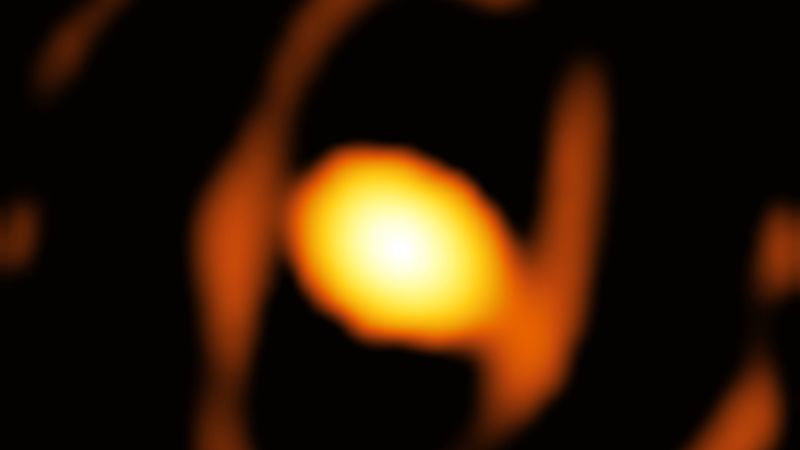
Respiratory Tract
In space and astronautical engineering, the respiratory tract refers to the system of organs and tissues involved in breathing and gas exchange during spaceflight. The respiratory tract includes the nose, mouth, throat, trachea, bronchi, and lungs. In microgravity environments, the respiratory system can be affected by changes in air pressure, humidity, and temperature, as well as by the accumulation of carbon dioxide and other pollutants. Astronauts must undergo rigorous training and medical evaluations to ensure that their respiratory systems are functioning properly before, during, and after spaceflight. Additionally, spacecraft and habitats must be designed to maintain optimal air quality and circulation to support the health and safety of crew members.
Your Previous Searches
Random Picks
- Visible: Visible refers to the portion of the electromagnetic spectrum that can be detected by the human eye, typically ranging from wavelengths of 400 to 700 nanometers. In the context of space and astronautical engineering, visible light is often ... Read More >>
- Lung Function: Lung function refers to the ability of the lungs to perform their physiological functions, which include ventilation, gas exchange, and oxygenation. In the context of space and astronautical engineering, lung function is a critical factor i ... Read More >>
- Dark Matter: Dark matter is a hypothetical form of matter that is thought to account for approximately 85% of the matter in the universe and about a quarter of its total energy density. It is called 'dark' because it does not interact with light or any ... Read More >>
Top News

First close-up image of a star beyond our galaxy may reveal impending supernova...
Astronomers have taken the first close-up image of a star beyond our galaxy, and it’s a “monster star” surrounded by a cocoon as it slowly dies....
News Source: CNN on 2024-11-21

Bestselling author explains the science of happiness: "You can do the work"...
Bestselling author and Harvard professor Arthur Brooks opens up about how enjoyment, satisfaction and meaning in life can increase a person's wellbeing....
News Source: CBS News on 2024-11-18

November's full moon, known as the Beaver Moon, is the last supermoon of 2024. H...
November's full moon, known as the Beaver Moon, is the last supermoon of 2024. Here's when it peaks and why it's called the Beaver Moon....
News Source: CBS News on 2024-11-15

You can't put a price on the sense of awe particle physics inspires...
Astronomy and particle physics are no longer seen as vital by the US establishment, so funding has fallen. But our work creates a sense of wonder, and wonder matters, says Chanda Prescod-Weinstein...
News Source: New Scientist on 2024-11-13

If you want to stretch your gift game into days this holiday, check out these ad...
The advent calendar phenomenon is growing every year, with so many exciting, fun, beautiful, and delicious options available...
News Source: ABC News on 2024-11-04